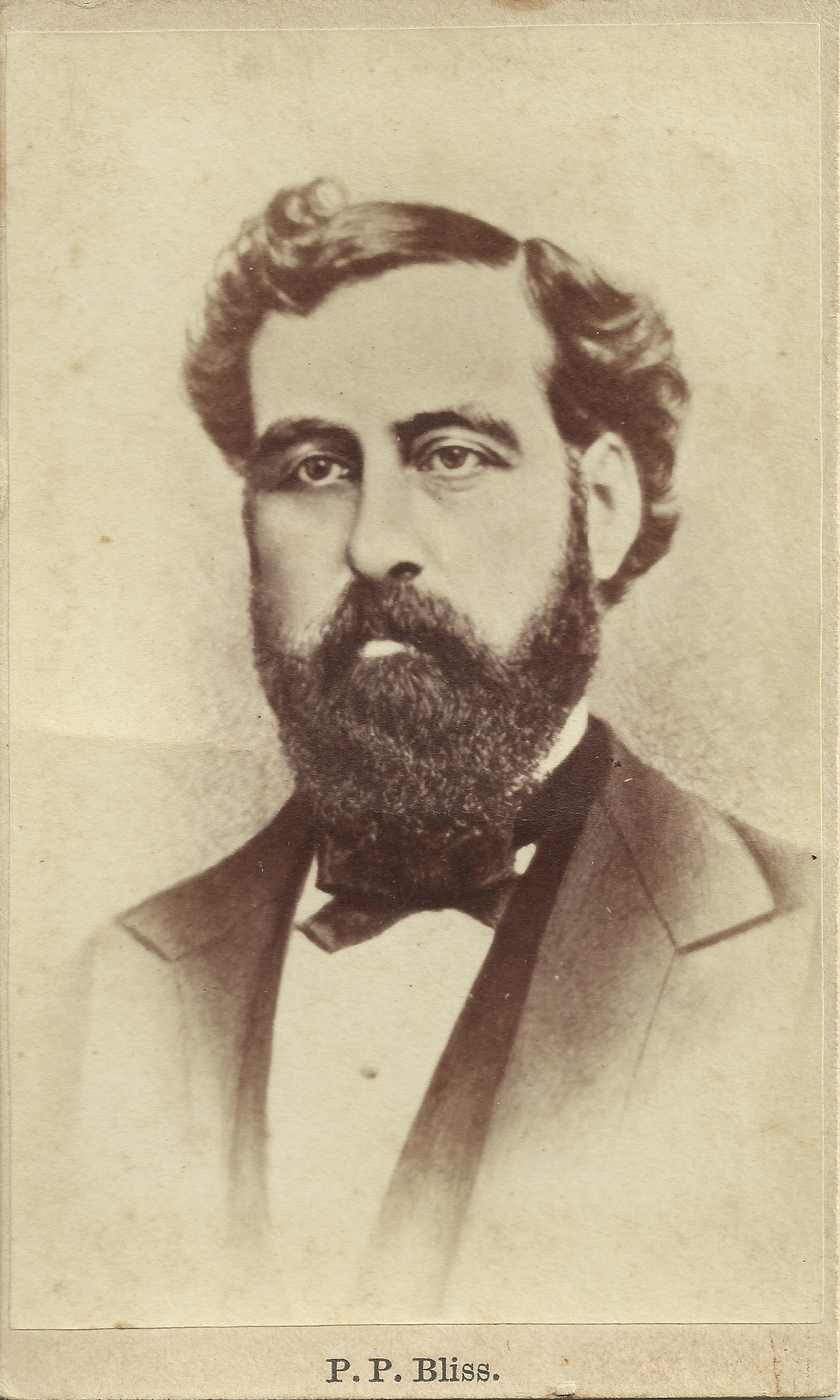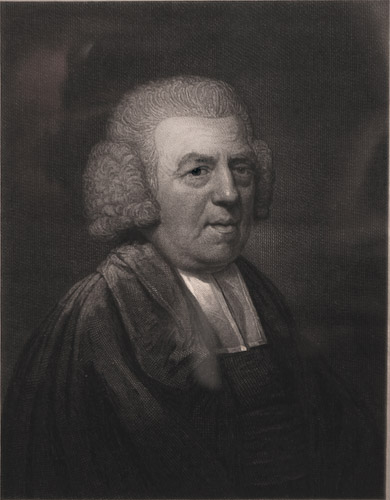|
Greatest Hymns
''Greatest Hymns'' is the fifth studio album from the Contemporary Christian group Selah. It was released August 25, 2005 on Curb Records. The album contains renditions of classic Christian hymns. Track listing Personnel * Steve Brewster – drums * Jim Brickman – piano * Jorgen Carlsson – guitar, bass * Dane Clark – drums * Melodie Crittenden – vocals * Eric Darken – percussion * Eric Eldenius – drums * David Grow – keyboards, percussion * Allan Hall – piano, vocals * David Hungate – bass * Jakk Kinkaid – guitar * Jason Kyle – backing vocals * Chris Leiber – keyboards * Jerry McPherson – guitar * Randy Melson – bass * John Mock – whistle * Gordon Mote – organ * The Nashville String Machine – strings * Mark Pay – guitar * Chris Rodriguez – guitar * John Andrew Schreiner – keyboards * Jim Smith – vocals * Laban Smith – vocals * Shawn Tubbs – guitar * Windy Wagner – backing vocals * Biff Watson – guitar Awards At the 37th ... [...More Info...] [...Related Items...] OR: [Wikipedia] [Google] [Baidu] |
Selah (band)
Selah is a contemporary Christian vocal trio consisting of Todd Smith, Allan Hall, and Amy Perry. The group has been featured on ''The 700 Club'', ''Hour of Power'', and TBN. Group history 1997–2004: Original lineup Selah was originally formed by brother and sister, Todd and Nicol Smith (now Nicol Sponberg), along with friend Allan Hall. The group quickly gained success with the release of their first album, '' Be Still My Soul'', in 1999. They became known for transforming old Christian hymns into a more modern style and with their powerful voices and beautiful harmonies. Todd and Nicol, who spent their childhood in Subsaharan Africa, brought many African elements to their songs as well. They are as comfortable singing in Kituba, as they are in English. Todd gives credit for his music career to his missionary upbringing. "I've been singing in front of people since I was three," he said. "My parents are missionaries. When we came back to the United States, we had to vi ... [...More Info...] [...Related Items...] OR: [Wikipedia] [Google] [Baidu] |
Philip Bliss
Philip Paul Bliss (9 July 1838 – 29 December 1876) was an American composer, conductor, writer of hymns and a bass-baritone Gospel singer. He wrote many well-known hymns, including "Hold the Fort" (1870), "Almost Persuaded" (1871); "Hallelujah, What a Saviour!" (1875); "Let the Lower Lights Be Burning"; "Wonderful Words of Life" (1875); and the tune for Horatio Spafford's " It Is Well with My Soul" (1876). Bliss was a recognized friend of D. L. Moody the famous Chicago preacher. Bliss died in the Ashtabula River Railroad Disaster on his way to one of Moody's meetings. An outspoken Abolitionist, he served as a Lieutenant during the American Civil War. Bliss's house in Rome, Pennsylvania, is now operated as the Philip P. Bliss Gospel Songwriters Museum. Early life P. P. Bliss was born in Hollywood, Clearfield County, Pennsylvania in a log cabin. His father was Mr. Isaac Bliss, who taught the family to pray daily. And his mother was Lydia Doolittle. He loved music and was allowed ... [...More Info...] [...Related Items...] OR: [Wikipedia] [Google] [Baidu] |
Catharina Von Schlegel
Catharina Amalia Dorothea von Schlegel (22 October 1697 - after 1768 ) was a German hymn writer. Although little is known about her life, it is known that she lived in a Lutheran ''Damenstift'' (a residential endowment for unmarried Protestant women). This ''Damenstift'' was in Cöthen in the Principality of Anhalt. In 1726 she corresponded with August Hermann Francke, the Lutheran clergyman, philanthropist, and Biblical scholar. In 1768 von Schlegel was probably still alive. She wrote a number of hymns in the spirit of early Pietism that can be found in the various collections of ''Cöthen'schen Lieder''. Amongst English speakers, von Schlegel's best known hymn is "Stille mein Wille, dein Jesus hilft siegen" (written in 1752). It was the translated into English by Jane Laurie Borthwick as '' Be still, my soul, the Lord is on thy side'' and is usually sung to the tune of ''Finlandia ''Finlandia'', Op. 26, is a tone poem by the Finnish composer Jean Sibelius. It was written in ... [...More Info...] [...Related Items...] OR: [Wikipedia] [Google] [Baidu] |
What A Friend We Have In Jesus
"What a Friend We Have in Jesus" is a Christian hymn originally written by preacher Joseph M. Scriven as a poem in 1855 to comfort his mother, who was living in Ireland while he was in Canada. Scriven originally published the poem anonymously, and only received full credit for it in the 1880s. The tune to the hymn was composed by Charles Crozat Converse in 1868. The hymn also has many versions with different lyrics in multiple languages. The ''Handbook to the Lutheran Hymnal'' notes, "In spite of the fact that this hymn, with its tune, has been criticized as being too much on the order of the sentimental gospel type, its popularity remains strong, and the hymn retains a place in modern hymnals." In some settings, the lyrics have been matched to other tunes such as the Welsh "Calon Lân" (originally wedded to the Welsh poem translated as "A Pure Heart"). Renditions *Washington Phillips, as "Jesus Is My Friend" (1928, Columbia Records) *Bing Crosby (1951, ''Beloved Hymns'') *Ten ... [...More Info...] [...Related Items...] OR: [Wikipedia] [Google] [Baidu] |
Charles H
Charles is a masculine given name predominantly found in English and French speaking countries. It is from the French form ''Charles'' of the Proto-Germanic name (in runic alphabet) or ''*karilaz'' (in Latin alphabet), whose meaning was "free man". The Old English descendant of this word was '' Ċearl'' or ''Ċeorl'', as the name of King Cearl of Mercia, that disappeared after the Norman conquest of England. The name was notably borne by Charlemagne (Charles the Great), and was at the time Latinized as ''Karolus'' (as in ''Vita Karoli Magni''), later also as '' Carolus''. Some Germanic languages, for example Dutch and German, have retained the word in two separate senses. In the particular case of Dutch, ''Karel'' refers to the given name, whereas the noun ''kerel'' means "a bloke, fellow, man". Etymology The name's etymology is a Common Germanic noun ''*karilaz'' meaning "free man", which survives in English as churl (< Old English ''ċeorl''), which developed its de ... [...More Info...] [...Related Items...] OR: [Wikipedia] [Google] [Baidu] |
His Eye Is On The Sparrow
"His Eye Is on the Sparrow" is a gospel hymn written in 1905 by lyricist Civilla D. Martin and composer Charles H. Gabriel. It is most associated with actress-singer Ethel Waters who used the title for her autobiography. Mahalia Jackson's recording of the song was honored with the Grammy Hall of Fame Award in 2010. Whitney Houston's recording of the song, one of the singer's last to be recorded before her death in 2012, was released off the soundtrack of the film, ''Sparkle'', and became a posthumous number one ''Billboard'' single off one of the gospel singles charts. Sometimes it was sung with the slightly altered title "His Eye is on the Tiny Bird" and this version was recorded by actress Violet Carson in 1972. Inspiration The theme of the song is inspired by the words of David in the Psalms and Jesus in the Gospel of Matthew in the Bible: "I will instruct thee and teach thee in the way which thou shalt go: I will guide thee with mine eye" (Psalm 32:8). "Look at the birds of ... [...More Info...] [...Related Items...] OR: [Wikipedia] [Google] [Baidu] |
Carl Boberg
Carl Gustav Boberg (16 August 1859 – 7 January 1940, aged 80) was a Swedish poet and elected official, best known for writing the Swedish language poem "O Store Gud" (O Great God) from which the English language hymn "How Great Thou Art" is derived. Biographical details Born in Mönsterås, Kalmar County in Småland, Boberg was a carpenter's son, worked briefly as a sailor, and served as a lay minister in the Mission Covenant Church of Sweden. He was the editor of a weekly Christian newspaper, ''Sanningsvittnet'' (Witness of the Truth), from 1890 until 1916. Boberg served in the Riksdag for 20 years from 1912 to 1931. He published more than 60 poems, hymns, and gospel songs, including a collaboration with Swedish hymnist Lina Sandell Lina Sandell (full name: Karolina Wilhelmina Sandell-Berg) (3 October 1832 – 27 July 1903) was a Swedish poet and author of gospel hymns. Background The daughter of a Lutheran minister, Sandell grew up in the rectory at Fröderyd parish in ... [...More Info...] [...Related Items...] OR: [Wikipedia] [Google] [Baidu] |
How Great Thou Art (hymn)
"How Great Thou Art" is a Christian hymn based on an original Swedish hymn entitled "" written in 1885 by Carl Boberg (1859–1940). The English version of the hymn and its title are a loose translation by the English missionary Stuart K. Hine from 1949. The hymn was popularised by George Beverly Shea and Cliff Barrows during the Billy Graham crusades.Kurian, G. T. (2001). ''Nelson's new Christian dictionary: The authoritative resource on the Christian world''. Nashville: Thomas Nelson. It was voted the British public's favourite hymn by BBC's ''Songs of Praise.'' "How Great Thou Art" was ranked second (after "Amazing Grace") on a list of the favourite hymns of all time in a survey by ''Christianity Today'' magazine in 2001 and in a country wide poll by Songs Of Praise in 2019. Origin Boberg wrote the poem "O Store Gud" (O Great God) in 1885 with nine verses. Inspiration The inspiration for the poem came when Boberg was walking home from church near Kronobäck, Sweden, and lis ... [...More Info...] [...Related Items...] OR: [Wikipedia] [Google] [Baidu] |
John Newton
John Newton (; – 21 December 1807) was an English evangelical Anglican cleric and slavery abolitionist. He had previously been a captain of slave ships and an investor in the slave trade. He served as a sailor in the Royal Navy (after forced recruitment) and was himself enslaved for a time in West Africa. He is noted for being author of the hymns '' Amazing Grace'' and '' Glorious Things of Thee Are Spoken''. Newton went to sea at a young age and worked on slave ships in the slave trade for several years. In 1745, he himself became a slave of Princess Peye, a woman of the Sherbro people in what is now Sierra Leone. He was rescued, returned to sea and the trade, becoming Captain of several slave ships. After retiring from active sea-faring, he continued to invest in the slave trade. Some years after experiencing a conversion to Christianity, Newton later renounced his trade and became a prominent supporter of abolitionism. Now an evangelical, he was ordained as a Church of ... [...More Info...] [...Related Items...] OR: [Wikipedia] [Google] [Baidu] |
Amazing Grace
"Amazing Grace" is a Christian hymn published in 1779 with words written in 1772 by English Anglican clergyman and poet John Newton (1725–1807). It is an immensely popular hymn, particularly in the United States, where it is used for both religious and secular purposes. Newton wrote the words from personal experience; he grew up without any particular religious conviction, but his life's path was formed by a variety of twists and coincidences that were often put into motion by others' reactions to what they took as his recalcitrant insubordination. He was pressed (navally conscripted) into service with the Royal Navy, and after leaving the service, he became involved in the Atlantic slave trade. In 1748, a violent storm battered his vessel off the coast of County Donegal, Ireland, so severely that he called out to God for mercy. While this moment marked his spiritual conversion, he continued slave trading until 1754 or 1755, when he ended his seafaring altogether. Newton ... [...More Info...] [...Related Items...] OR: [Wikipedia] [Google] [Baidu] |


